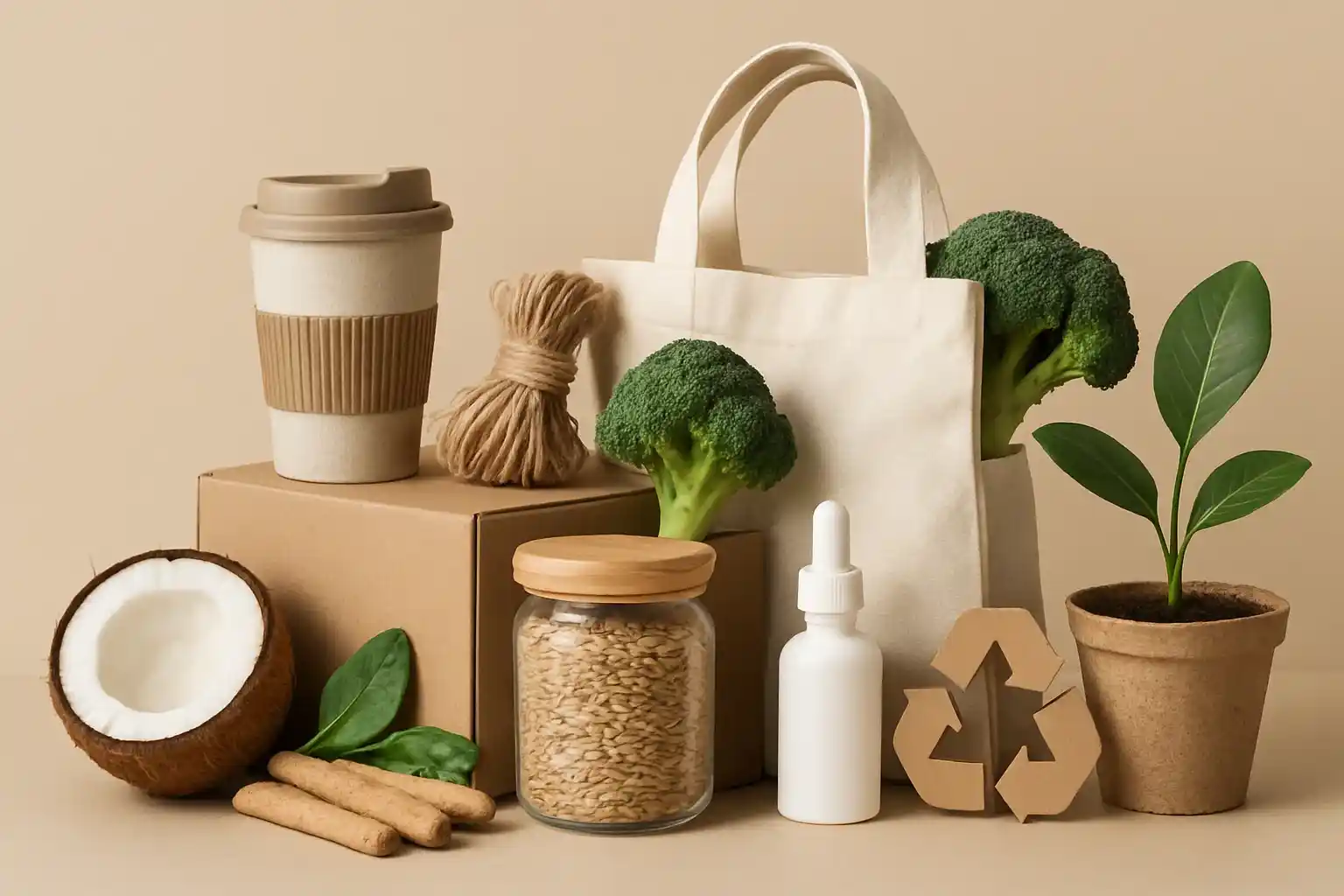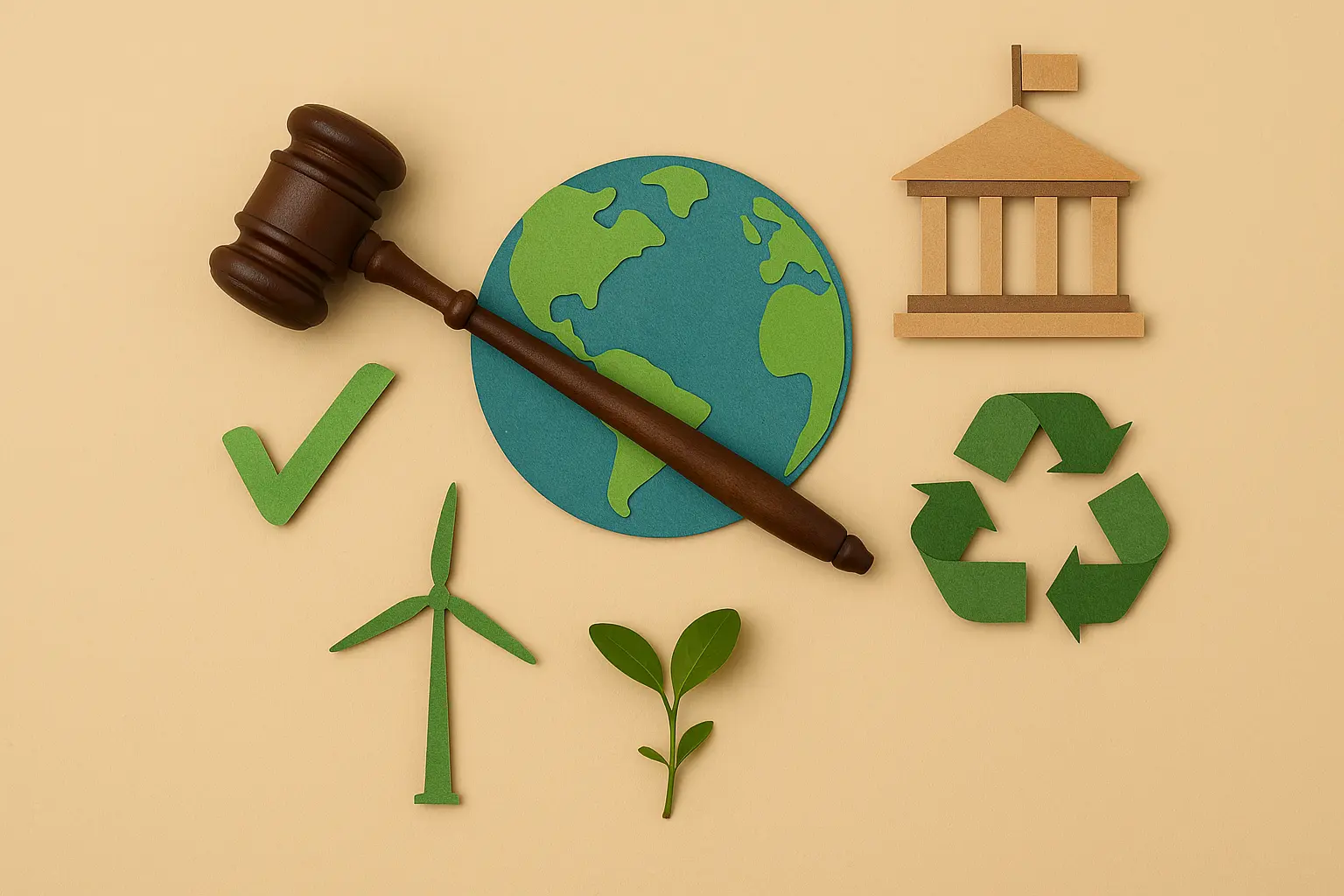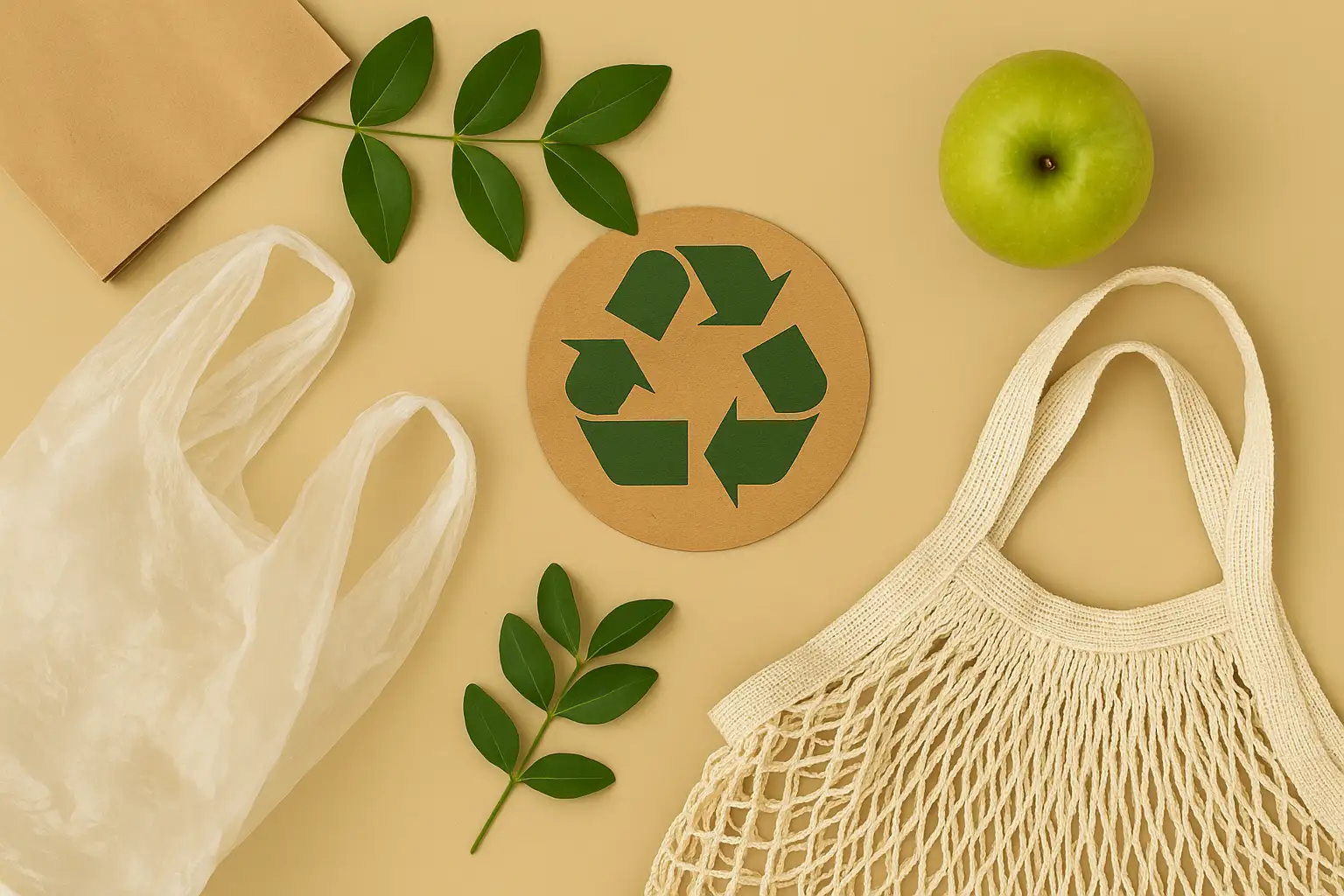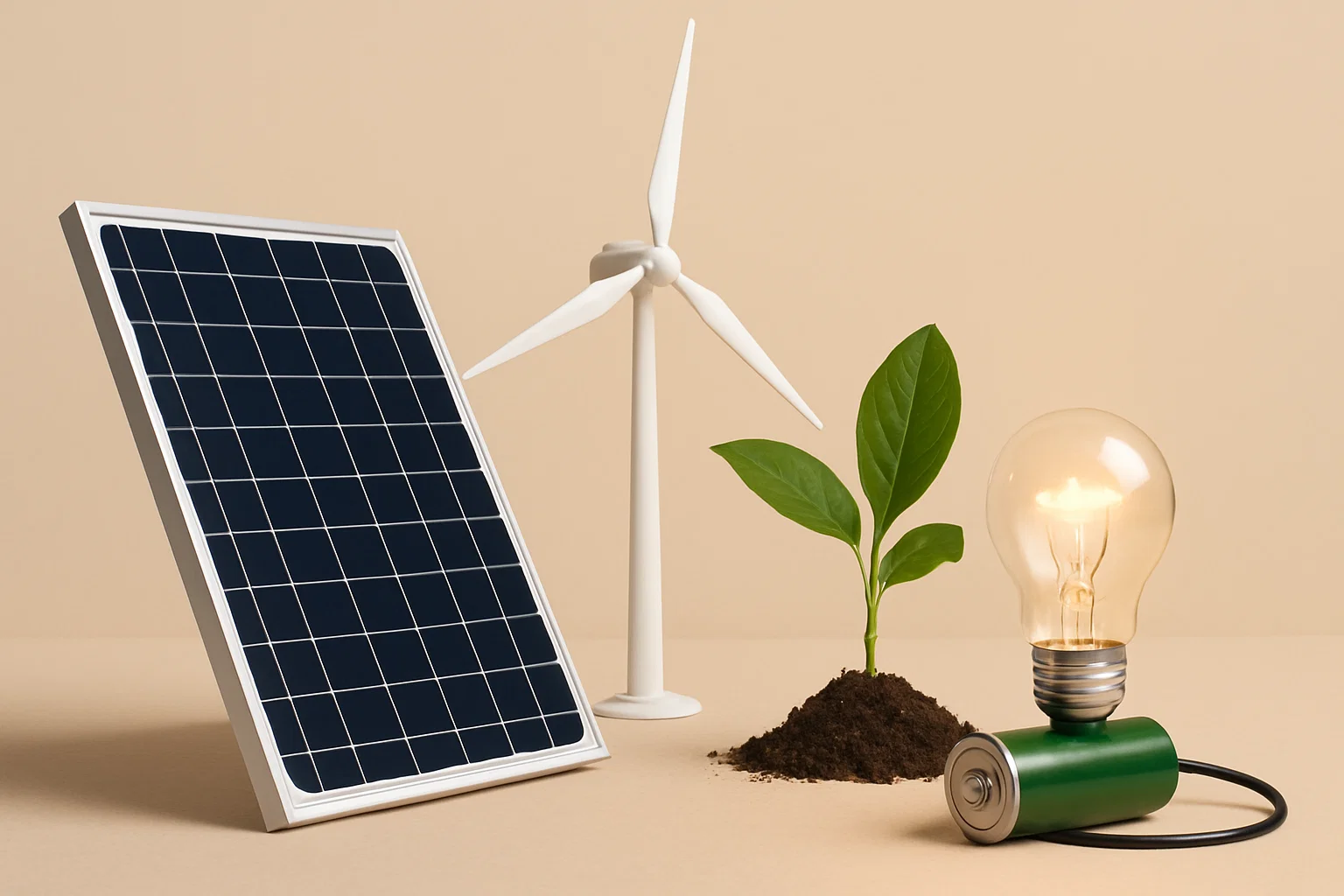Closing the Loop at Home: Prioritizing Local Solutions to Export-Driven Waste

The issue of waste management in our globally interconnected world often involves a complex and sometimes opaque system of collection, processing, and disposal. While the goal is to divert waste from landfills and recover valuable resources, a significant portion of the waste generated in developed nations is often exported to developing countries for processing. This practice of export-driven waste, while seemingly a solution for the waste-generating countries, can lead to significant environmental injustice and a loss of valuable materials that could be reintegrated into local economies. Recognizing the ethical and environmental concerns associated with shipping our waste overseas, a growing movement is advocating for and implementing local solutions that prioritize domestic recycling infrastructure, policies that extend product lifespans, and the promotion of local upcycling initiatives.
The environmental and social consequences of export-driven waste are considerable. Shipping waste across continents consumes significant amounts of fuel and contributes to greenhouse gas emissions from transportation. Often, the countries receiving this waste lack the infrastructure and regulations to process it safely and effectively, leading to environmental pollution, health hazards for local communities, and the loss of valuable resources that could have been recovered and reused domestically. This practice can perpetuate a cycle of environmental injustice, where the burden of waste management is disproportionately borne by developing nations. Furthermore, exporting waste represents a missed opportunity to build robust local recycling industries and create jobs within our own communities.
Fortunately, a range of viable and increasingly effective alternatives exist that prioritize local solutions for managing waste and retaining material value within our own economies. By investing in and strengthening domestic recycling infrastructure, implementing product life policies that encourage durability and repairability, and fostering vibrant local upcycling initiatives that transform waste into new products, we can collectively move towards a more circular and just system of waste management. These approaches not only reduce the environmental burden of shipping waste overseas but also create local economic opportunities and promote a more responsible and self-reliant approach to resource management.
Investing in Local Circularity: Alternatives to Export-Driven Waste
Moving beyond the practice of shipping our waste abroad requires a concerted effort to build robust local systems and value materials within our own communities:
Domestic Recycling Infrastructure: Building Local Capacity
Investing in and expanding domestic recycling infrastructure is crucial for managing our waste effectively and retaining valuable materials locally. This includes upgrading sorting facilities, developing advanced recycling technologies, and creating robust collection systems that make it easy for individuals and businesses to participate. A strong local recycling infrastructure can process a wider range of materials, reducing the need to export waste and creating a circular flow of resources within our own economy. Organizations like Closed Loop Partners invest in building and scaling domestic recycling infrastructure.
Product Life Policies: Designing for Durability and Repair
Implementing product life policies that encourage manufacturers to design products for durability, repairability, and recyclability can significantly reduce the amount of waste generated in the first place. By creating products that last longer and are easier to fix and recycle, we can move away from a culture of planned obsolescence and reduce the overall volume of waste that needs to be managed. Policies that grant consumers the "right to repair" and incentivize sustainable product design are key components of this approach.
Local Upcycling: Transforming Waste into Value
Fostering vibrant local upcycling initiatives provides creative and community-based solutions for diverting waste from landfills and transforming it into new, higher-value products. Upcycling involves taking discarded materials and creatively repurposing them into functional or artistic items. Supporting local upcyclers, artists, and businesses that engage in this practice not only reduces waste but also creates economic opportunities and fosters a culture of resourcefulness within our communities. Platforms like Upcycle That showcase the potential of upcycling and can inspire local initiatives. Green Citizen also works to connect communities with local recycling and reuse resources.
Embracing Local Solutions: A Responsible Path Forward
By prioritizing investment in domestic recycling infrastructure, advocating for product life policies, and supporting local upcycling initiatives, we can move away from the unsustainable practice of export-driven waste and build more resilient, circular, and environmentally just communities.
Related Blogs

Glimmers of Progress: Ten Policy Victories That Advanced Planetary Health in the Past Year
Insights on how environmental policy affects you (even if you don’t vote) in a sustainable way.

Decoding the Global Commitment: A Breakdown of the Paris Agreement and the Path Forward
Insights on a breakdown of the paris agreement (and what’s next) in a sustainable way.

Ban the Bag: Choosing Reusable Alternatives to Single-Use Plastic Carry Bags
Support local bans and global reduction by opting for cloth, jute, or foldable reusable bags.

Bank for a Better Future: Choosing Ethical Finance to Power a Cleaner Planet
Finance a cleaner planet by opting for ethical banks, green investment funds, and impact fintech.

Beyond the Ban: Navigating the Post-Plastic Bag Landscape Towards True Sustainability
Insights on banning plastic bags in a sustainable way.

Powering Change: Choosing Clean Energy Alternatives to Conventional Sources
Align with energy transition policies by opting for green providers, solar, or co-operatives.
Stay in the Loop
Get tips and insights tailored to your interests — no spam, just sustainability.